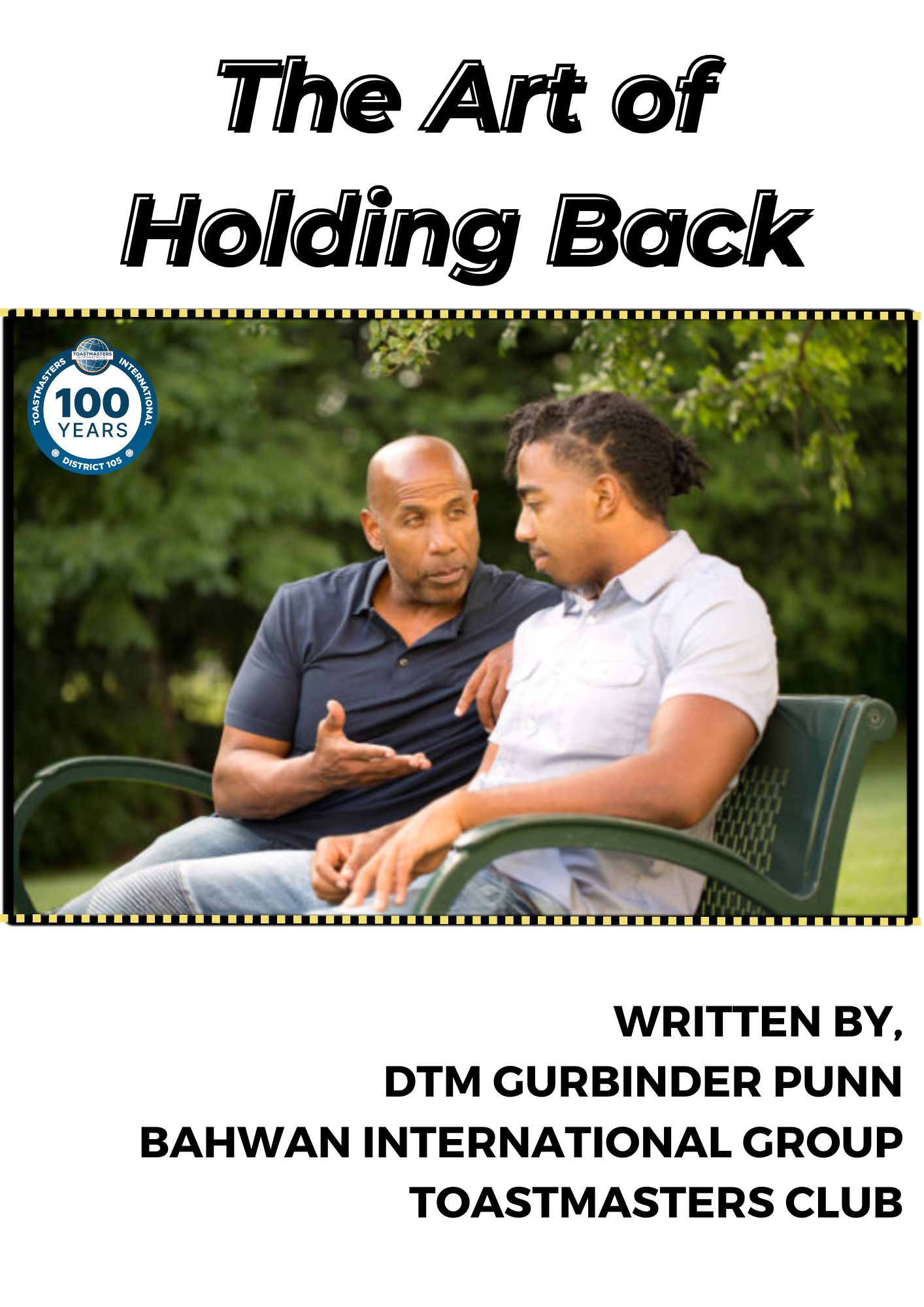We’ve all been there – someone shares their problems or challenges, and we feel an irresistible urge to offer our own pearls of wisdom. But there’s a fine line between being helpful and offering unsolicited advice. In this blog, we will explore the reasons behind our urge to give unsolicited advice, the potential negative consequences, and the best ways to avoid stepping over that line.
- Understand the urge to give advice. To effectively avoid giving unsolicited advice, it’s crucial to understand why we feel compelled to do so in the first place. The desire to help others is natural, and it often stems from a genuine place of empathy and concern. However, our eagerness to provide solutions can sometimes overshadow the need to simply listen and empathize.
- Recognize the difference between empathy and advice. Empathy involves understanding and validating someone’s feelings, while advice is about proposing solutions. While it’s essential to empathize with others, unsolicited advice can come across as intrusive, judgmental, or dismissive. Be aware of the difference between empathy and advice, and remember that empathy is almost always appreciated, while unsolicited advice may not be.
- Practice active listening Active listening is key to avoiding unsolicited advice. This means being fully present and focused on the person you’re conversing with, as well as providing verbal and non-verbal feedback. By actively listening, you give the other person space to express themselves and feel heard. Often, that’s all they need.
- Ask before you advise Before offering any advice, ask the person if they would like your input or guidance. This simple gesture shows respect for their autonomy and allows them to decide if they’re open to hearing your perspective. If they decline, respect their decision and continue to offer empathy and understanding.
- Offer support, not solutions.
Instead of jumping straight into problem-solving mode, try offering support and encouragement. You can say things like, “I’m here for you,” or “I believe in your ability to overcome this challenge.” This way, you’re validating their feelings and providing emotional support without imposing your own solutions. - Be mindful of your language. The language you use when talking to someone can make a big difference in how your words are received. Avoid phrases that can come across as judgmental or superior, such as “you should” or “if I were you.” Instead, use phrases like “have you considered” or “I wonder if,” which convey your thoughts as suggestions rather than mandates.
- Reflect on your motives. Before giving advice, pause and consider your reasons for doing so. Are you genuinely trying to help the other person, or are you trying to prove your knowledge or expertise? Being honest with yourself about your motives can help you decide whether your advice is truly needed or if you should hold back. To summarise Learning to avoid giving unsolicited advice is an essential skill in maintaining strong, healthy relationships. It shows respect for the other person’s autonomy, fosters better communication, and allows for more meaningful connections. By understanding the reasons behind our urge to give advice, practicing active listening, and being mindful of our language and motives, we can create a supportive environment where empathy and understanding flourish.



